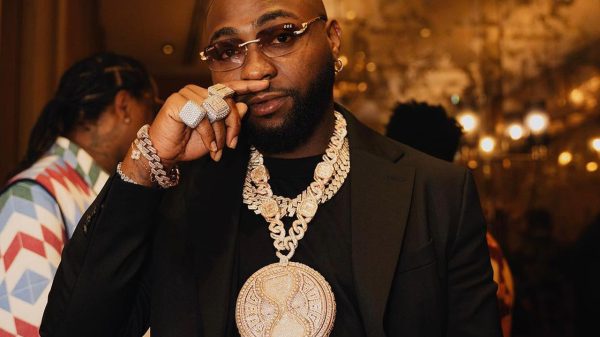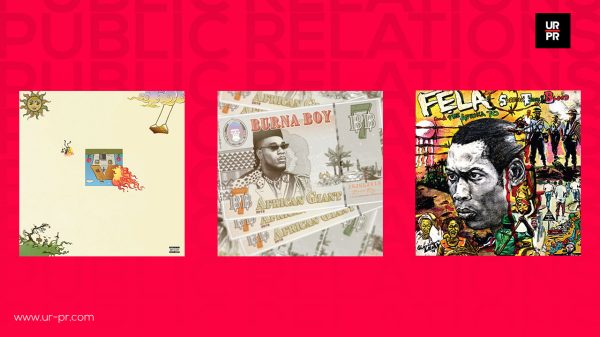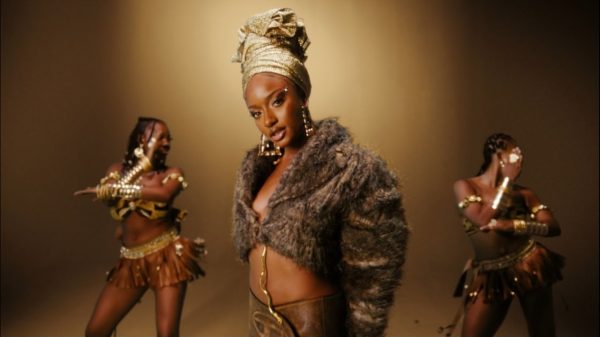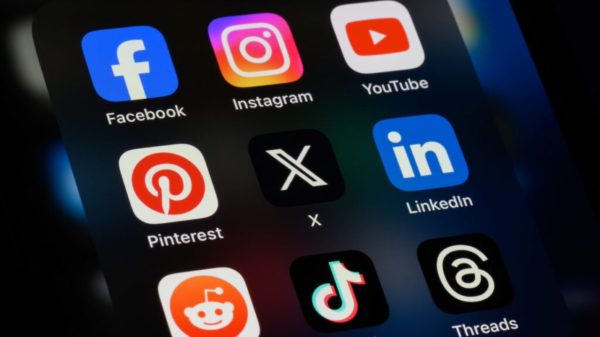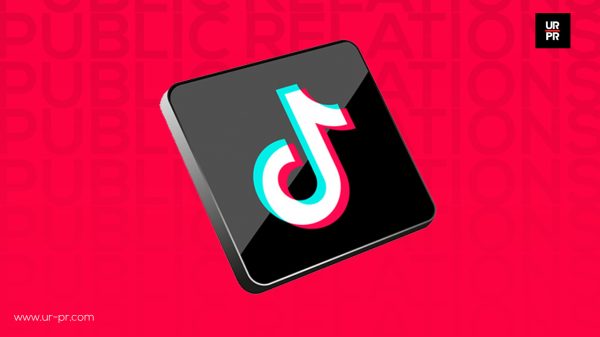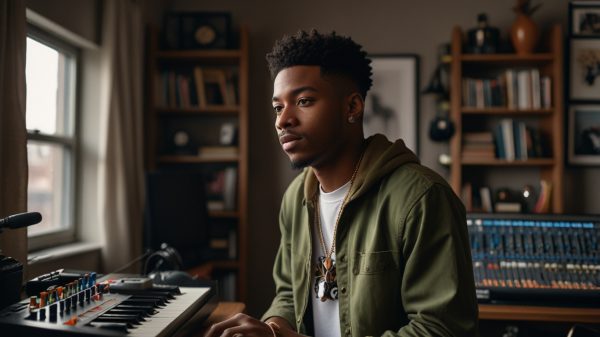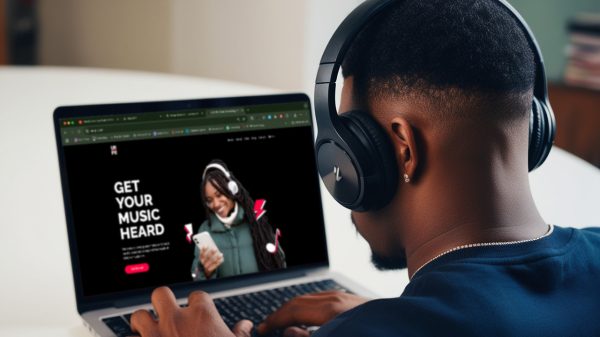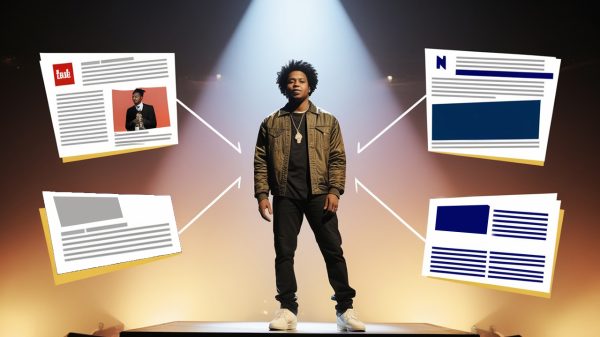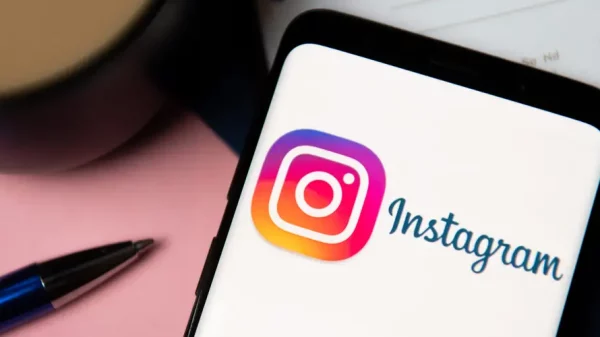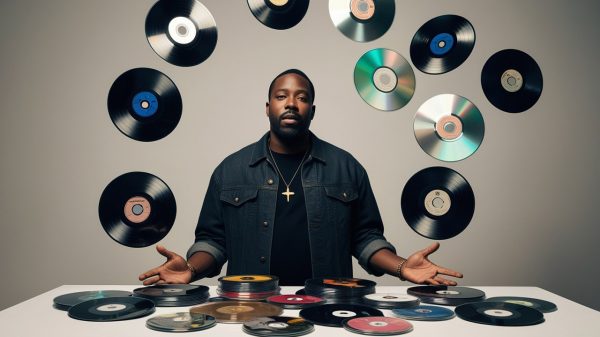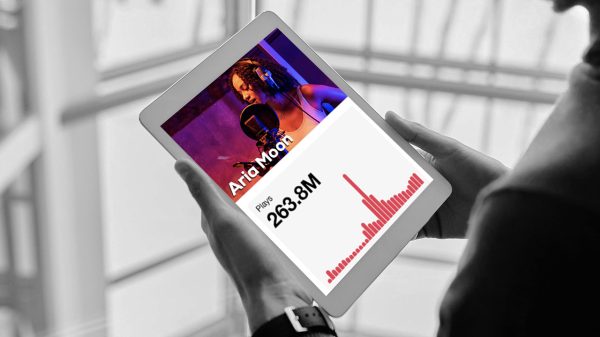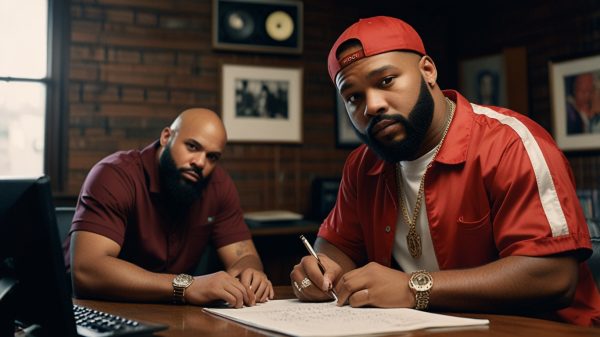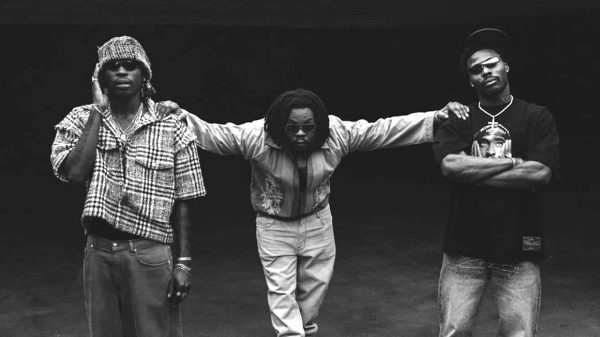In today’s fast-paced digital world, an electronic press kit (EPK) is an essential tool for musicians looking to make a name for themselves. Whether you’re a rising artist or an established performer, your EPK serves as your digital business card—an essential first impression to industry professionals, media outlets, and potential collaborators. Think of it as a one-stop-shop that showcases your music, highlights your achievements, and tells your story in a compelling way. But how do you build an EPK that stands out and catches the attention of key players in the music industry? Let’s break it down.
What’s an EPK (Electronic Press Kit)?
An Electronic Press Kit (EPK) is a digital collection of materials that represent an artist, band, or music project. It’s a powerful tool used by musicians, publicists, labels, and booking agents to promote their work. A well-designed EPK includes a combination of key information, multimedia content, and press assets that help industry professionals quickly understand who you are, what your music sounds like, and why they should pay attention.
An EPK is typically sent to journalists, blogs, media outlets, event promoters, and potential business partners. Think of it as a digital version of the traditional press kit, but more modern, more accessible, and optimized for today’s media landscape. While a press kit might have been limited to physical materials in the past, your EPK is typically hosted online, allowing for easy access and a larger reach.
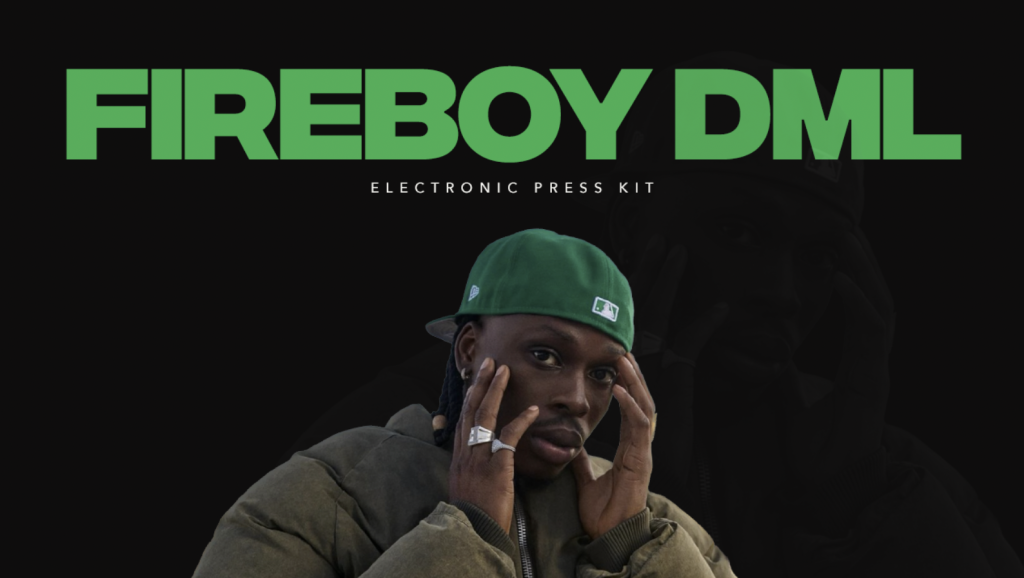
Your EPK Should Include
When creating an EPK, it’s crucial to include the right elements that showcase your professionalism and make it easy for industry professionals to connect with you. Here are the key components you should include in your EPK:
1. Artist Bio
Start with a well-crafted biography that tells your story. It should cover who you are, where you’re from, what inspires you, and what your music represents. The bio should be clear, concise, and engaging. It’s important to strike a balance between providing enough detail about your background and leaving enough curiosity for readers to want to explore your music further.
A good bio should cover:
- Your musical journey
- Your genre and sound
- Key accomplishments (albums, tours, etc.)
- Any unique aspects of your music or story
- Notable collaborations or influences
Make sure your bio reflects your personality. A fun and engaging bio can draw people in, while a more professional tone may be suitable depending on your target audience.
2. Music Samples or Streamable Links
One of the most important aspects of your EPK is showcasing your music. Include links to your latest singles, albums, or EPs, along with high-quality audio or video. Be sure to make your music easy to stream through platforms like Spotify, Apple Music, SoundCloud, or YouTube. Consider providing a few tracks that best represent your sound, and avoid overwhelming your audience with too many songs.
If you have live performances or music videos, link to those as well. These assets give potential industry professionals a chance to hear your work and see how you present it on stage.
3. Press Photos
Press photos are another key element of your EPK. They provide the media with images they can use for articles, interviews, or promotional purposes. Include several high-quality, professional photos that represent your brand and style. These photos should be in various formats and sizes to accommodate different media needs (e.g., landscape and portrait orientations).
Be sure to provide a variety of shots:
- A high-resolution headshot
- Candid or live performance shots
- Group or solo shots, depending on your act
If you have any special photos that have been used in previous media features or cover artwork for your releases, consider including them too.
4. Press Coverage
Including press coverage is one of the most powerful ways to show that others are already paying attention to your music. If you’ve been featured in reputable blogs, newspapers, or music magazines, be sure to include those quotes or links in your EPK. This builds credibility and gives media professionals an idea of the traction you’ve gained.
This section could include:
- Reviews of your music or performances
- Interviews you’ve done with notable outlets
- Articles that have been written about you or your work
- Features or mention in any notable publications (this is where UR-PR can help secure placement on top African music platforms)
Including these accolades and features will further solidify your presence and demonstrate that you’re an artist worth checking out.
5. Tour Dates and Performance History
If you’ve been performing live, include a list of your upcoming tour dates and your previous performance history. This is particularly important if you’re trying to book more gigs or secure festival spots. Include the following:
- Past performance venues (clubs, festivals, tours, etc.)
- Future tour dates
- Any special performances (opening for notable artists, performing at prestigious events)
This helps build credibility and shows that you are an active performer. You may also want to include a highlight reel of live performances if you have one.
6. Social Media Links
In the digital age, social media is key to an artist’s success. Be sure to include links to all of your social media profiles, such as Instagram, Twitter, Facebook, TikTok, and any other platforms where you engage with your fans. This allows media professionals, bookers, and other potential partners to follow your latest updates and stay connected.
You can also consider embedding your social media feeds directly into your EPK to provide a dynamic, real-time look at your activity.
7. Press Release or News
If you have any major news, such as a new album release, a big collaboration, or a major milestone, include a press release or news section. This gives media outlets and other professionals the latest scoop on your career. Press releases are a great way to keep your EPK up-to-date with your most recent developments, which can help keep your audience engaged.
The press release should be formatted clearly with a catchy headline, a compelling lead, and important details that make it easy for journalists to grab the essentials quickly.
8. Contact Information
Make sure it’s easy for people to get in touch with you. This could include:
- Your management or booking agent’s contact details
- Your email address
- Links to your website or press inquiries
Make sure this section is visible and easy to find, so when someone is ready to take the next step, they can do so without hassle.
Website vs. One-Pager
When it comes to building your EPK, you have two options: a website or a one-pager. Both have their pros and cons, and the choice will depend on your needs.
Website
A website-based EPK is more comprehensive and offers more flexibility in terms of content and design. It can be a dedicated page on your official website or a separate, easy-to-navigate section that houses all the relevant materials. Websites allow you to include more extensive information, such as detailed bios, high-quality images, music samples, and more. They can also be designed to fit your unique aesthetic.
The downside is that websites require ongoing maintenance and may take longer to set up. However, they offer a more polished, professional image in the long term.
One-Pager
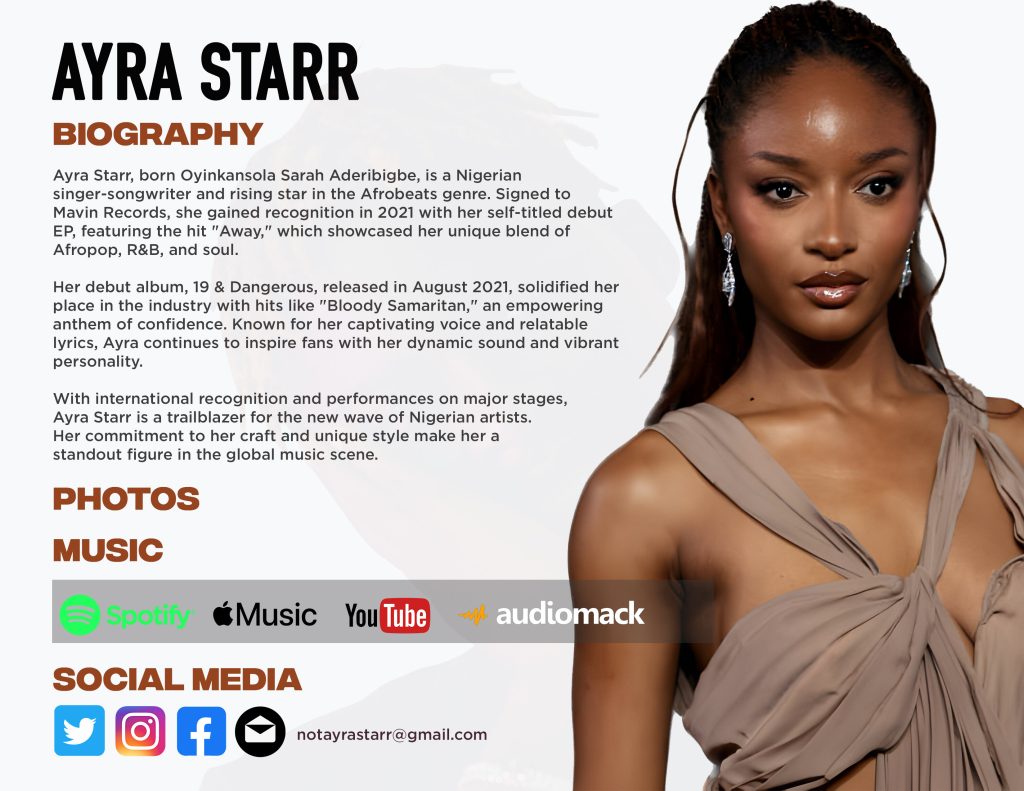
A one-pager EPK is a simpler, more concise alternative. It’s a single-page document that provides key information about your music and career in a compact format. A one-pager can be created in various formats, including PDF, and is easy to send to media professionals and booking agents.
The advantage of a one-pager is that it’s easy to create and distribute, and it’s perfect for quick reference. However, the downside is that it limits the amount of content you can include, so it’s not the best option if you have a lot of multimedia content or press coverage to showcase.
Why It’s Good to Cite Press Features in Your EPK
Including press features in your EPK is one of the best ways to establish credibility and boost your chances of getting noticed. Journalists and industry professionals are more likely to take you seriously if you have a record of positive media attention. Press mentions show that others have already recognized your talent and that you’re a rising star in the industry.
That’s why it’s critical to work with a reputable PR agency that specializes in music marketing. An agency like UR-PR can help you secure press placements and social media promotion across top African music platforms, such as Unorthodox Reviews, Pulse Nigeria, Pulse Ghana, Album Talks, The49thStreet, and GQ South Africa. These platforms are highly influential and can help you build credibility, expand your reach, and get your music into the ears of the right people.
Building an effective Electronic Press Kit is crucial for any musician looking to make a mark in the industry. It’s your opportunity to showcase your talent, share your story, and secure important press placements that can take your career to the next level. A well-curated EPK that includes your bio, music samples, press coverage, and social media links can be the key to unlocking new opportunities and getting noticed by industry professionals.
When it comes to getting your music and story in front of the right people, it’s a great idea to partner with a PR agency that specializes in music promotion. UR-PR is an excellent choice for musicians looking to secure press features and social media promotion in top African music outlets. Their expertise can help you amplify your presence across influential platforms and increase your chances of getting noticed by the right people in the industry.

